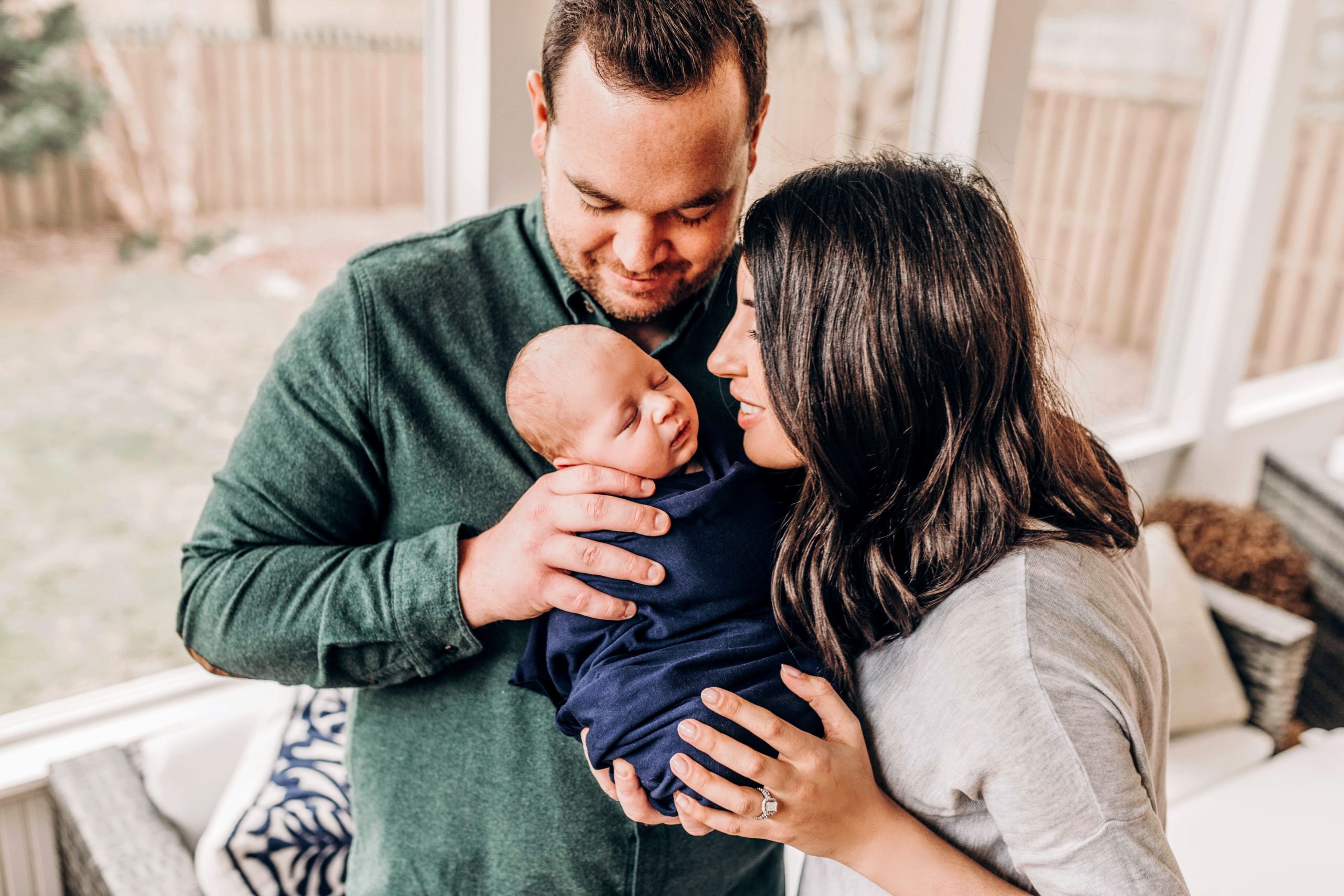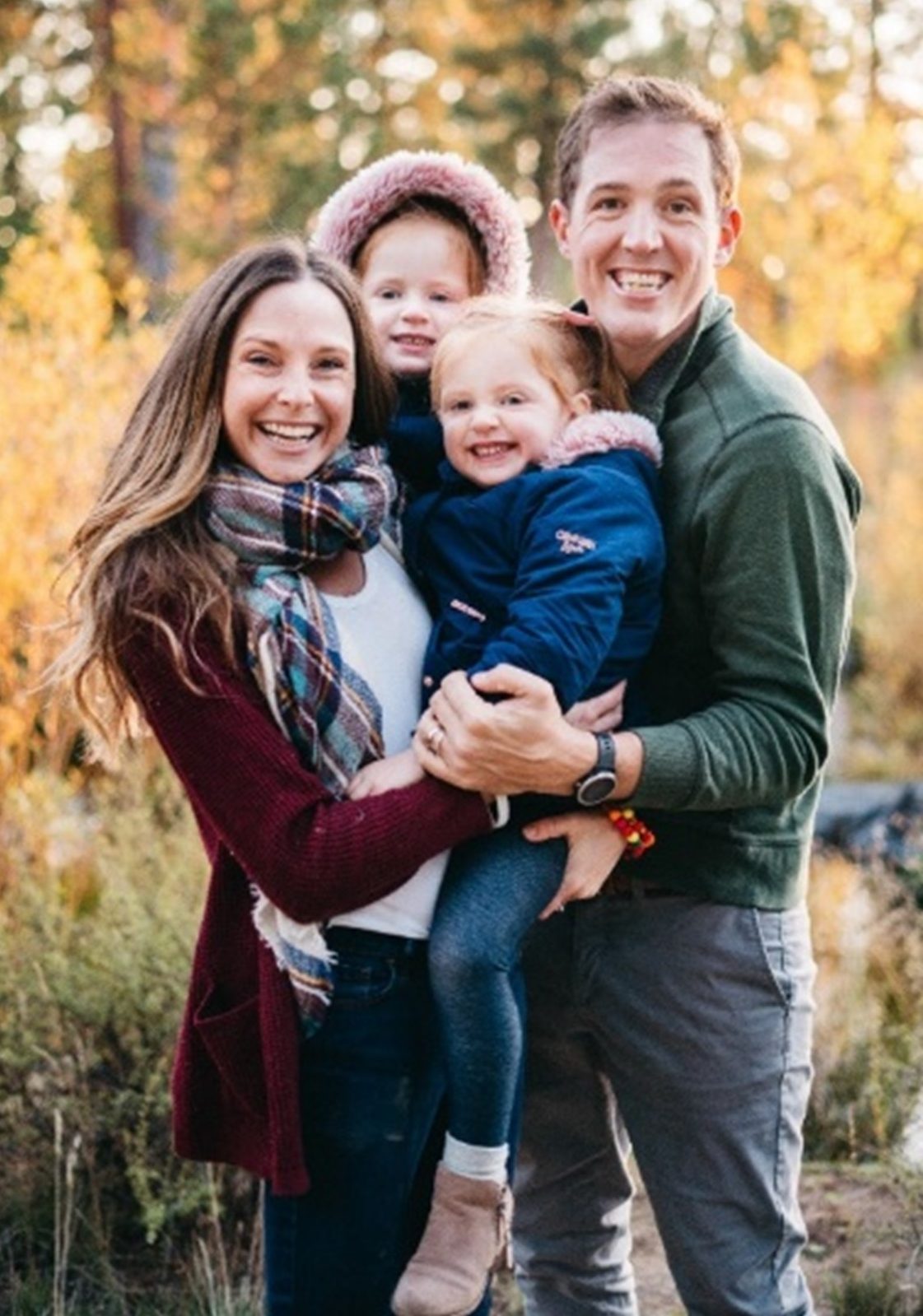
Stephen Huff & family, Stage IV lung cancer
Why are younger adults getting lung cancer?
There is a growing cohort of younger adults who are being diagnosed with lung cancer. Alarmingly, the research points to an increase not only in diagnosis at a young age—but particularly in women.
Although the average age for a lung cancer diagnosis is 70, research into lung cancer diagnoses in people under age 40 is yielding results. But more research is needed.
So what’s going on?
A new study, Epidemiology of Young Lung Cancer (EoYLC), seeks to pinpoint risk factors that may lead to a lung cancer diagnosis in young people. The study looks at environmental and childhood exposures, and other potential risk factors that researchers hope will crack the code on lung cancer in those diagnosed under age 40.
“The importance of this study is the ‘why,’” says Stephen Huff, a Stage IV lung cancer survivor who was diagnosed at age 28. “We need to find out why we are getting lung cancer at such a young age.”
Collaborating on research.

Emily Bennett Taylor & family, Stage IV lung cancer
This new study is a continuation of a long-standing collaboration between the Addario Lung Cancer Medical Institute (ALCMI) and GO2 for Lung Cancer. Commenting on how the partnership advances research, Bonnie J. Addario, GO2 for Lung Cancer co-founder, board chair, and Stage IIIB lung cancer survivor stated, “The collaboration between ALCMI and GO2 for Lung Cancer brings together research and the patient community to accelerate earlier understandings of the disease that may ultimately lead to cures.”
Building on what we know.
“We’re in a race to figure out this disease so that the next generation doesn’t get it,” says Emily Bennett Taylor, a Stage IV lung cancer survivor who, like Huff, was diagnosed at age 28.
EoYLC builds on an earlier ALCMI study, the Genomics of Young Lung Cancer. That 2015 study found that lung cancer in younger adults looks different. For example, 84% of study participants had specific mutations that are treatable with targeted therapies or precision medicine, an appreciably higher percentage than found in the general lung cancer population. EoYLC looks at possible risk factors for early age diagnosis, although the study’s findings will inform research for all patients with lung cancer.
Here’s how you can help improve lung cancer diagnosis and care.
The study is open to adults who were diagnosed with lung cancer before age 40 and have completed comprehensive biomarker testing. The research itself has two components:
- A confidential online survey
- A small blood sample
The survey includes approximately 200 questions about patient demographics, medical history, active and passive smoking history, early life exposures, and more. As a convenience, participants can choose to have the blood sample collected at their home or select their own provider.
“The more people who participate, the more data we can collect,” says Huff. “And the more data we collect, the faster we get this information researched.”

Leave A Comment